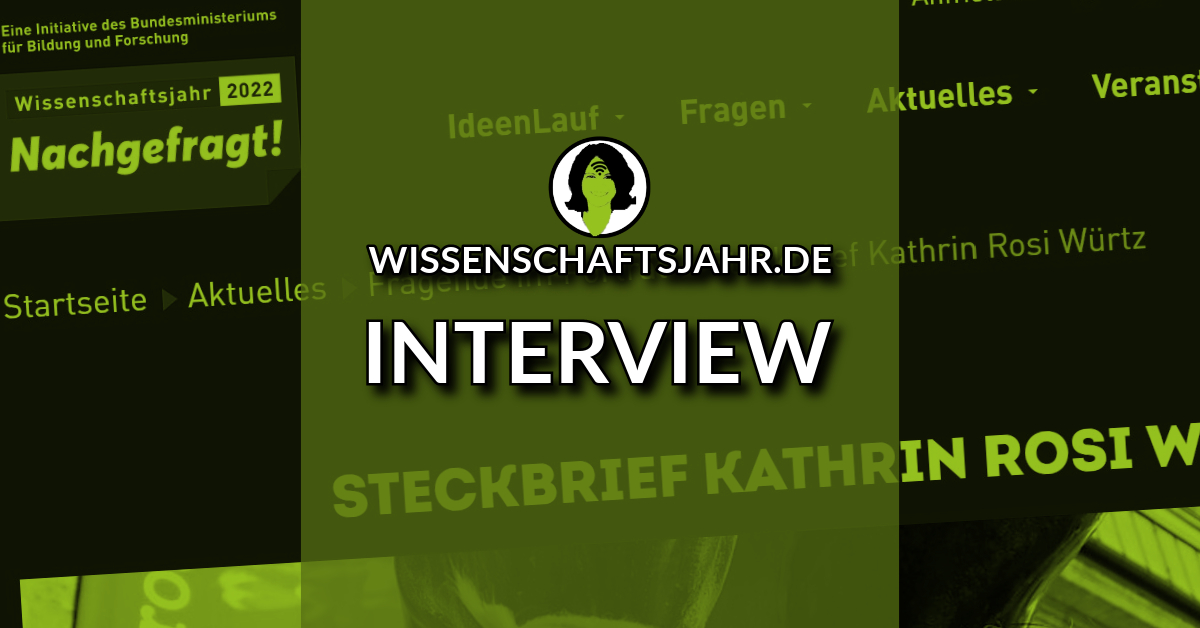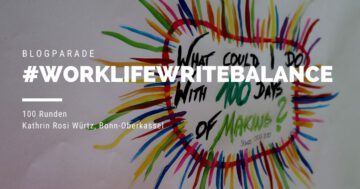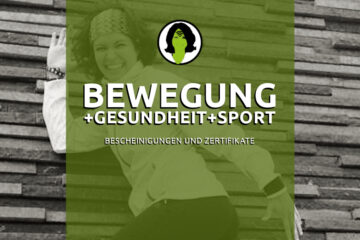Interview with wissenschaftsjahr.de

- Name: Kathrin Rosi Würtz
- Age: 41
- Place of residence: Bonn
- Occupational field: State-approved physiotherapist and external doctoral student of sociology at the Rheinische Friedrich-Wilhelms-Universität Bonn. My dissertation is about audiovisual health communication of hospitals on social media, especially on YouTube.
wissenschaftsjahr.de: How does science influence you in your everyday life?
Kathrin Rosi Würtz: In the course of my scientific work, I learn things that are useful for everyday life. One example is evidence-based recommendations on how I can shape my personal communication in everyday life to encourage my fellow human beings to act in a health-conscious way, and which paths would be more counterproductive. Sometimes, however, I find it a communicative balancing act to present scientific results in a way that is understandable to diverse interaction groups. In my opinion, science communication outside the ivory tower is an „athletic discipline“ that all scientists should actively engage with in order not to lose their „connection to the outside world“ and to see themselves as a useful part of the global community.
wissenschaftsjahr.de: What is your question for science and how did it come about?
Kathrin Rosi Würtz: My question „How does science keep moving?“ is closely linked to my curriculum vitae. As a sociologist and physiotherapist, I am convinced that movement in all its forms is a core element of our lives. Both individually and in society as a whole, movement is one of the central issues that affect us as inhabitants of planet Earth. On a small scale, individual health and personal well-being are not feasible without an appropriate amount of movement; on a large scale, questions of sustainable mobility arise within and beyond planetary boundaries. Not only in the interdisciplinary research field of Planetary Health, but also everywhere in everyday life, dynamic-open thinking and methodically accompanied implementation are essential to remain capable of sustainable action.
wissenschaftsjahr.de: What motivates you to participate in the Science Year 2022 – In Demand!
Kathrin Rosi Würtz: For me, a lot starts with my curiosity. I think the Science Year 2022 is an excellent opportunity not only to ask my question to science, but also to question myself and my (scientific) actions. So this short portrait here is also an opportunity to fire up my thinking apparatus once again in a way that is still unknown to me and to try out a new communication format. The proof of the pudding is in the eating! In the best case, both work together and produce new insights. And who knows: Maybe this interview will move other people to a change of perspective with, in turn, new impulses for thinking.
wissenschaftsjahr.de: Why do you think it is important to involve citizens in science?
Kathrin Rosi Würtz: Citizens bring movement into entrenched disciplinary thought patterns. They shake and shake what I am used to. That can certainly be a – figuratively speaking – painful experience, because I too like certain routines. In the end, these encounters are usually fruitful, open up foreign perspectives for me, reduce my own „blind spot“ and also teach me to „think around corners“. In addition, citizens initiate research questions that are based on everyday life. In this way, research projects can be designed in the sense of service learning and conceived for sustainable development. To be honest, I don’t enjoy doing research just for the drawer. Tinkering together on a relevant question and inspiring each other is much more fun and, in my view, sustainable.
This interview has been published in German at wissenschaftsjahr.de in 2022.



2 Kommentare
Interview für das Wissenschaftsjahr 2022 - Kathrin Rosi Würtz, M.A. · Mai 4, 2023 um 2:04 p.m.
[…] Englische Version dieses Interview […]
Interview für das Wissenschaftsjahr 2022 - Kathrin Rosi Würtz · März 27, 2024 um 7:45 p.m.
[…] Englische Version dieses Interview […]
Die Kommentare sind geschlossen.